The Asian Development Bank (ADB) approved a $400 million loan to Bangladesh on Tuesday in order to advance domestic resource mobilization reforms, increase the productivity and efficiency of public spending, and assist small businesses, particularly those run by women, in gaining access to low-cost, creative bank financing.
The Sustainable Economic Recovery Program, which was started in October 2021 to promote economic recovery following the COVID-19 pandemic, has two subprograms, the second of which is this loan.
“This subprogram enables Bangladesh to enhance revenues, promote efficiency and transparency in public spending and public procurement, deepen the reforms of state-owned enterprises, and help small businesses and microentrepreneurs to access low-interest affordable credits from the banking sector,” said ADB Principal Public Management Economist for South Asia Aminur Rahman.
“The subprogram, with a strong focus on gender, climate change, and digitization, enables the government to strengthen its efforts to support income generation for the poor and vulnerable.”
The program will enhance income tax collection through the adoption of the new Income Tax Act, reduce tax loopholes, strengthen compliance and enforcement measures, and broaden the country’s tax net.
Transparency and efficiency in public procurement will be enhanced through strengthening electronic procurement and electronic payment systems, while approval of public projects will be facilitated through the newly launched digital system of public project appraisal and approval process, according to ADB.
The new package enables Bangladesh Bank`s introduction of innovative financing services through commercial banks to deliver affordable microcredit through online channels and e-wallets.
It makes it easier for banks to lend money to small-scale, landless farmers, wage earners, and dealers. Women company owners, micro- and small-sized enterprises, and other non-property owners will be able to receive financing based on their trade receipts and other non-fixed collaterals such modest machinery and equipment.
One of the main focuses of this new program is to address the climate change agenda in national budgeting and public investment while also promoting gender equality and social inclusion.


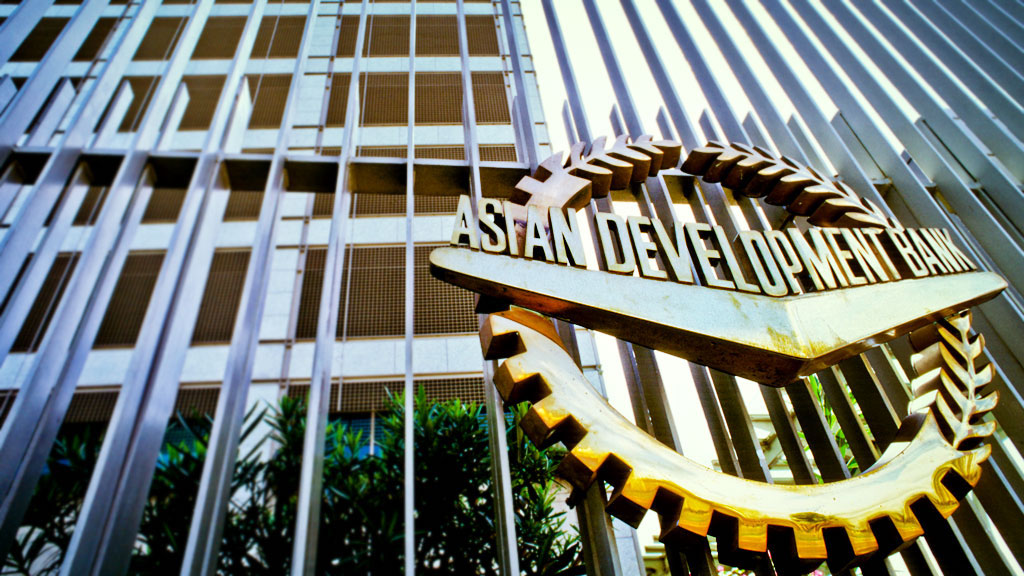



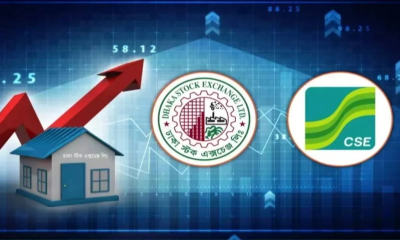
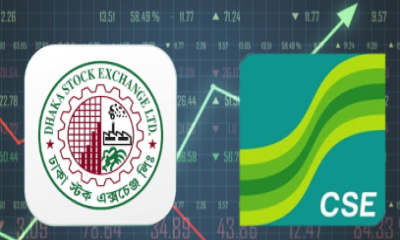

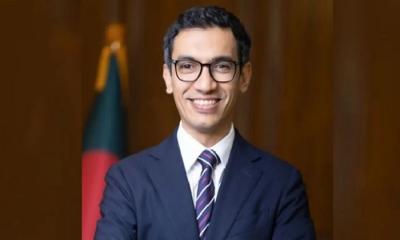




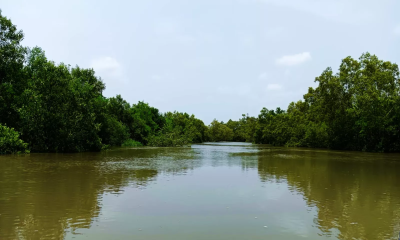

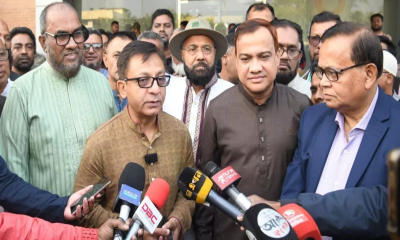
-20260220065859.jpeg)
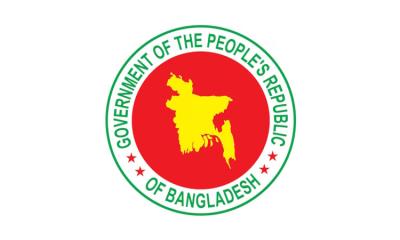
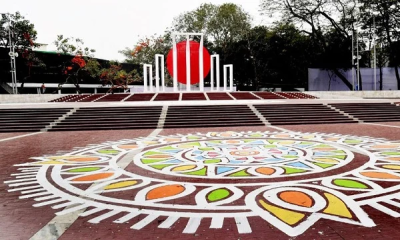
-20260219110716.webp)

-20260219054530.webp)














